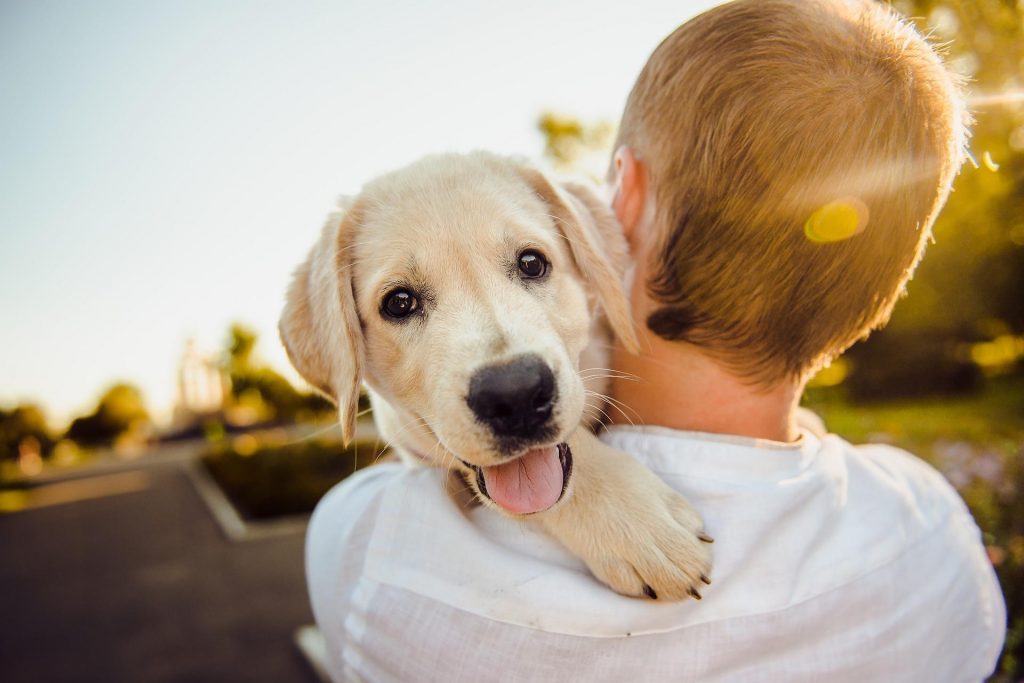The covid pandemic has seen a boom in the number of households acquiring a new pet. Research suggests that pets, especially dogs and cats, can reduce stress, anxiety, ease loneliness, encourage exercise and playfulness and even improve cardiovascular health. Caring for an animal can help children grow up more secure and active. Pets can also provide invaluable companionship for older adults. Many people treat their pet as a member of the family. When the relationship between the adults breaks down, decisions need to be made about what should happen to the family pet.
However, in cases where the relationship between the adults breaks down, what happens to the pet?
We have seen in recent years, media coverage on celebrities arguing over arrangements for the family pet, for example, Ant MacPartlin, one half of the duo presenting ‘I’m a celebrity get me out of here..’and his former wife allegedly reached a ‘shared custody’ agreement for their pet pooch Hurley.
Dogs and other such pets are treated as ‘chattels’ under the English legal system. A ‘chattel’ is something that a person can possess in physical form, i.e. a tangible moveable asset, such as a piece of jewellery, a painting, or a car. However, people can have a real connection to their pet which can cause issues when relationships end.
If there is a dispute regarding the family pet upon the breakdown of a relationship, what can you do?
First and foremost, if it is possible, you should try and negotiate with your estranged partner, with or without the help of other family members or friends. You should try to agree what happens to your pet, for example, who the pet lives with, arrangements for their estranged partner to spend time with the pet, who pays the vet bills,etc. However, depending on communications following the relationship breakdown such discussions may not be possible.
If such conversations are not an option, you could try mediation, which is a voluntary process to assist parties to reach agreement about a number of issues following the breakdown of their relationship. If mediation is not appropriate, you could instruct a solicitor to write to your former partner to include your proposals following the breakdown of your relationship, such issues to include what happens to the family pet going forwards. It is possible to include such arrangements, if agreed, within a final court order approved by the Judge.
If agreement can still not be reached, then arbitration may be considered as an alternative to issuing a formal court application.
If all other avenues have been exhausted and there is still a dispute about the family pet, then it is possible to apply to the court as part of the financial process for a final financial order to include all issues relevant to the relationship breakdown. However, applying to the court is costly and is only a last resort if all other attempts to reach agreement have failed. It is likely that a Judge would take a dim view of a party who issues a formal financial application to the court if the only issue is who looks after the family pet.
One option to consider at the outset is for a couple to enter a written agreement referred to as a ‘pet-nup. A ‘pet-nup’ is a pre-emptive measure in the event of separation or divorce. Such an agreement sets out the right of ownership of the pet and arrangements such as care of the pet, for example, who is responsible to pay vet’s bills, insurance.
Similar to pre-nuptial and separation agreements, the law does not currently recognise pet-nuptial agreements as legally binding. If, however, they are correctly drafted, agreed and signed by both parties the agreement will be considered by a Judge along with all the relevant issues of the particular case.
If you require any advice in respect of relationship breakdown do not hesitate to contact RJT Solicitors for a free 30- minute no obligation consultation








